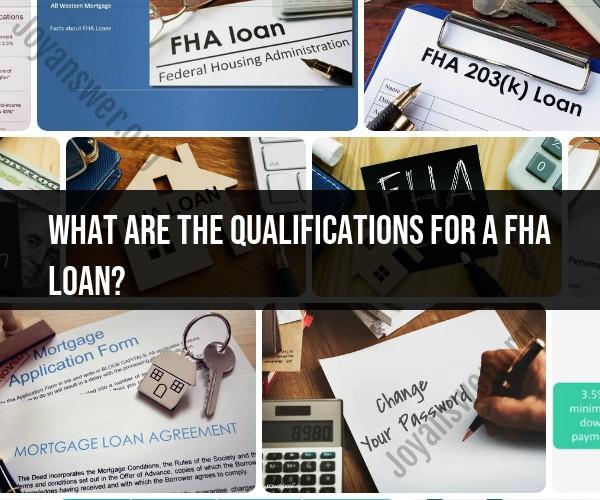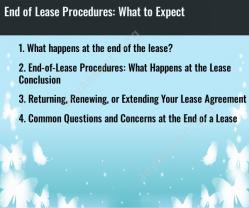What are the qualifications for a FHA loan?
Qualifying for an FHA (Federal Housing Administration) loan involves meeting specific requirements set by the FHA and the lender. FHA loans are designed to make homeownership more accessible, and they often have more flexible eligibility criteria compared to conventional loans. Here are the key qualifications and requirements for an FHA loan:
Credit Score: While FHA loans are more forgiving of lower credit scores than conventional loans, a higher credit score will generally make it easier to qualify and may result in better loan terms. Most FHA lenders prefer a credit score of at least 580 to qualify for a 3.5% down payment. However, borrowers with credit scores between 500 and 579 may still qualify with a higher down payment.
Down Payment: FHA loans require a down payment, but the minimum required down payment is relatively low, at 3.5% of the purchase price. This low down payment can be a significant advantage for first-time homebuyers. However, you'll need to demonstrate that you have the funds available for the down payment.
Debt-to-Income Ratio (DTI): Lenders assess your ability to manage monthly payments by looking at your DTI ratio. FHA typically requires a DTI ratio of 43% or less, which means your total monthly debts (including your mortgage payment) should not exceed 43% of your gross monthly income. Some lenders may be more flexible with higher DTI ratios.
Steady Income and Employment: You need a stable source of income and employment history. Lenders typically prefer to see at least two years of consistent employment, although there can be exceptions. Self-employed borrowers may need to provide additional documentation to verify income.
Legal Residency: You must be a legal resident or citizen of the United States to qualify for an FHA loan.
Property Eligibility: The property you intend to purchase must meet FHA standards for safety and habitability. It will be appraised to ensure it meets minimum property standards (MPS). If the property does not meet these standards, you may need to address any issues before loan approval.
Mortgage Insurance: FHA loans require both an upfront mortgage insurance premium (UFMIP) and annual mortgage insurance premiums (MIP). The UFMIP can be rolled into the loan, but the annual MIP is paid as part of your monthly mortgage payment.
Financial Documentation: You'll need to provide documentation of your financial situation, including bank statements, pay stubs, tax returns, and other financial records. Lenders will use this information to assess your eligibility and determine the loan amount you qualify for.
Homebuyer Education: Some lenders may require you to complete a homebuyer education course to qualify for an FHA loan. These courses provide valuable information about the homebuying process and financial responsibilities.
It's important to note that individual lenders may have their own requirements and guidelines in addition to FHA standards. Therefore, it's a good idea to work with an FHA-approved lender who can guide you through the qualification process and provide specific eligibility criteria based on your financial situation and the property you plan to purchase. FHA loan requirements and policies may change over time, so staying informed about the latest guidelines is crucial.













